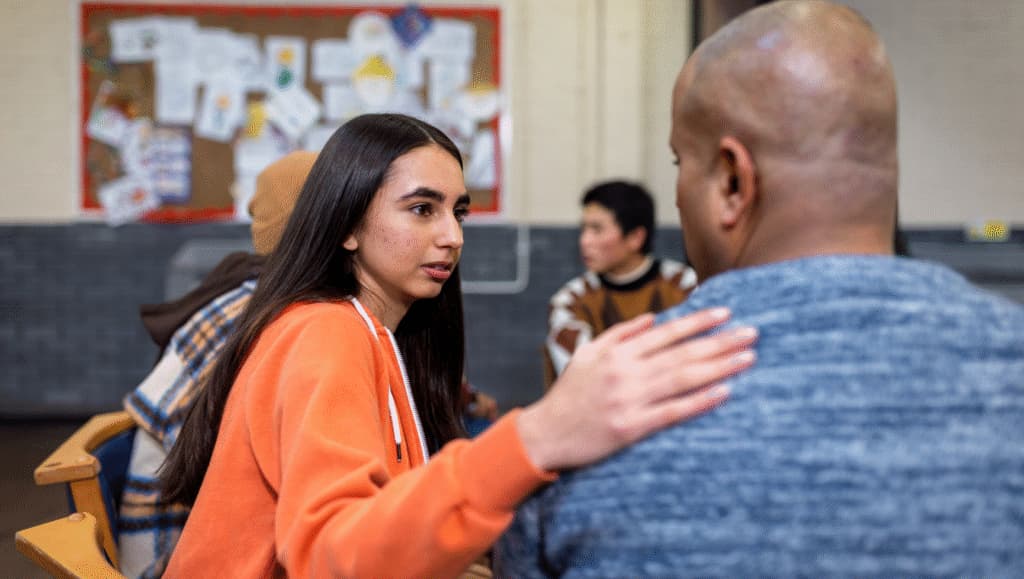September 25, 2025
Mental Health
Why Suicide Prevention Must Always Be a Priority?

Every day, countless individuals silently carry the weight of immense pain. They may be our friends, family, colleagues, or neighbors. On the outside, they might seem to be holding it all together, but deep inside, they’re fighting a battle we can’t see. The truth is, suicide can affect anyone, regardless of age, background, or life circumstances. It’s a crisis that knows no boundaries, and its impact echoes through families and communities long after a life is lost.
But it doesn’t have to be this way. Hope is not lost. With the right support and a collective effort, recovery is possible. Many people who have experienced suicidal distress go on to live meaningful lives filled with purpose and joy. Healing takes time, but it can, and does, happen. This is why suicide prevention isn’t just a topic for a single day or a specific month; it’s a conversation we must have every day.
Suicide Prevention Isn’t Just Important
It’s Essential
Suicide is a leading cause of death in many countries, and the statistics are stark. Behind every number is a human story, a person who could have been supported earlier. Prevention isn’t just about responding to a crisis; it’s about building a society where people feel seen, heard, and supported before they reach a breaking point.
Certain groups are at a higher risk due to compounding factors like discrimination, chronic illness, social isolation, or barriers to accessing mental health support. For people with disabilities, these barriers can be particularly challenging. They may face stigma, lack of accessible services, or feel misunderstood by the healthcare system. Recognizing these unique vulnerabilities is the first step toward creating effective and inclusive support systems.
See the Signs, Support with Care
Suicidal thoughts rarely appear out of nowhere. More often, they build slowly, shaped by stress, trauma, or underlying mental health conditions. Learning to recognize the warning signs can help us step in before a crisis escalates.
Some signs to look out for include:
Talking about feeling hopeless or being a burden to others.
Withdrawing from friends, family, or activities they once enjoyed.
Noticeable mood shifts, especially a sudden sense of calm after a period of distress.
Increased risk-taking or a heavier use of alcohol and drugs.
Significant changes in sleep patterns, appetite, or daily routines.
However, these signs aren’t always obvious. Sometimes, the people who seem “fine” on the surface are the ones most at risk. This is why having open, non-judgmental conversations is crucial. Simply asking, “Are you okay?” and listening with patience and understanding can be the first step in saving a life.
Support That Empowers People with Disabilities
For individuals with disabilities, finding the right support can be a significant challenge. They might face long wait times for therapy, services that aren’t physically accessible, or a lack of mental health professionals who understand their specific needs. At Abled Care and Nursing Services, we are committed to breaking down these barriers. Our mission is to provide compassionate, accessible, and person-centered support that addresses both the physical and mental well-being of our clients.
We understand that true care means more than just managing physical needs. It means fostering environments that promote emotional health, dignity, and a sense of belonging. Our team is trained to recognize the signs of distress and to provide a supportive, confidential space where individuals feel comfortable opening up. We connect our clients with tailored mental health resources, offer companionship to combat isolation, and work with their families to build a strong network of support.
Smart Care, Stronger Connections
The world of support is evolving. While traditional therapy and community services are essential, new technologies are making it easier to connect with help. AI-driven tools can offer round-the-clock conversations and organization tips, providing an initial layer of support.
However, technology can never replace the depth of human connection. The foundation of suicide prevention will always be built on professional care, peer support, and strong communities. At Abled Care Services, we combine the best of both worlds: leveraging technology to streamline access to care while prioritizing the irreplaceable human touch of our dedicated team. Our platforms help individuals and their families navigate resources, but it’s the personal relationships our caregivers build that truly make a difference.
Where to Find Support in Tough Times
If you or someone you know is struggling, please reach out:
- Lifeline 13 11 14 – 24/7 crisis support
- Beyond Blue 1300 22 4636 – mental health support and resources
- 13YARN 13 92 76 – crisis support for Aboriginal and Torres Strait Islander peoples, by Aboriginal and Torres Strait Islander peoples
- Kids Helpline 1800 55 1800 – for young people aged 5–25
We believe suicide prevention also belongs in the workplace. Through the Abled Care and Nursing Services Platform platform, organisations can offer their teams access to on-demand counselling, mental health resources and a supportive community. Individuals can also suggest these services to their employers, opening the door for collective support at work.
A Collective Responsibility
Suicide prevention isn’t just the job of governments or healthcare services; it is a shared responsibility. It’s about all of us—as family members, friends, colleagues, and neighbors. Every conversation matters. Every small act of compassion matters.
At Abled Care and Nursing Services, we believe that by working together, we can change the narrative. We are here to support you and your loved ones on the journey toward healing and recovery. If you or someone you know is struggling, remember that help is available. We can connect you with resources and provide the personalized care you need to move forward.






